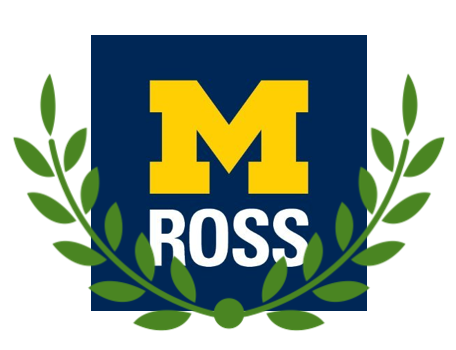First, strategically, whereas college admissions has retrospective criteria (what have you done to earn this spot?), business school admissions has prospective criteria (e.g. what will you do with this opportunity?). This is because an MBA is an entirely elective degree. Whereas you need a JD to practice law, no one needs an MBA to practice business. Therefore, any good application needs to explain what the candidate will do with the degree on their professional journey, and even insinuate what negative consequences will befall them and the world if they don’t obtain it. The answer to this question lies in work experience and narrative, not in your free-time hobbies.
Second, tactically, extracurriculars are just not as valuable to business schools. Colleges (especially elite colleges) really value the community experience and look for students to take leadership in this important area. That’s why they give steep scholarships to athletes and little admissions boosts students who will round out difficult-to-fill spots in the orchestra (like oboe players). Talking about your extra curricular activities on your college essay made sense because you had something of value to offer to the school. In contrast, the whole point of business school is to secure an internship and later a full-time job offer. Almost all extracurricular activities exist to advance that singular goal. For example, the finance club meetings will either be to network with prospective banks or to tutor students on building models in excel. Playing the oboe at business school gives you a lot of money in a worthless currency.
The right way to talk about extracurriculars
There are two ways that extracurriculars can be useful in your application. The first is when they accentuate your Narrative. Say that you are a consultant who wants to come to business school in order to improve economic opportunities in Latin America. While this may be a sincere and profound interest, it is a hard story to tell if your work experience has been entirely in the United States, even if it gave you relevant skills. That’s because you need to show the admissions committee that you are already working on this mission; if your mission instead seems disconnected to your past professional experience, your mission comes across as insincere and your application uncompelling. Say that one of your community involvements is with a Habitat for Humanity chapter in Latin America, or volunteering for a community organization helping to integrate Latin American immigrants. Even a quick mention of those activities could really bolster your narrative.
Second, they humanize you and make you seem more interesting. Reading MBA applications gets boring really quickly. Anything you can do to pique the interest of the adcom plays to your favor. On your resume, in your personal section, include a few interesting or surprising activities, hobbies, or accomplishments. “Running” is not interesting and “traveling” is not surprising, so don’t include those.










